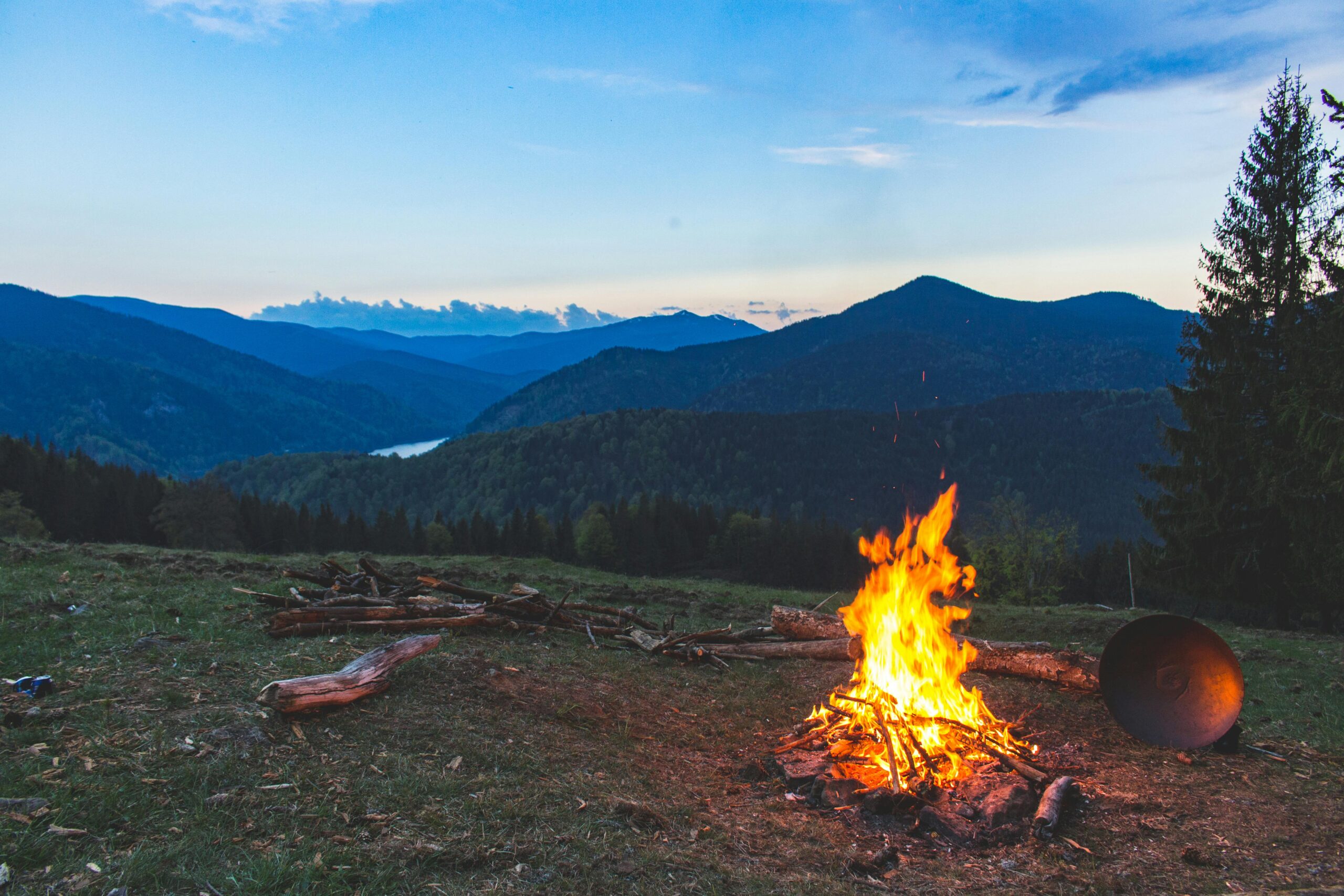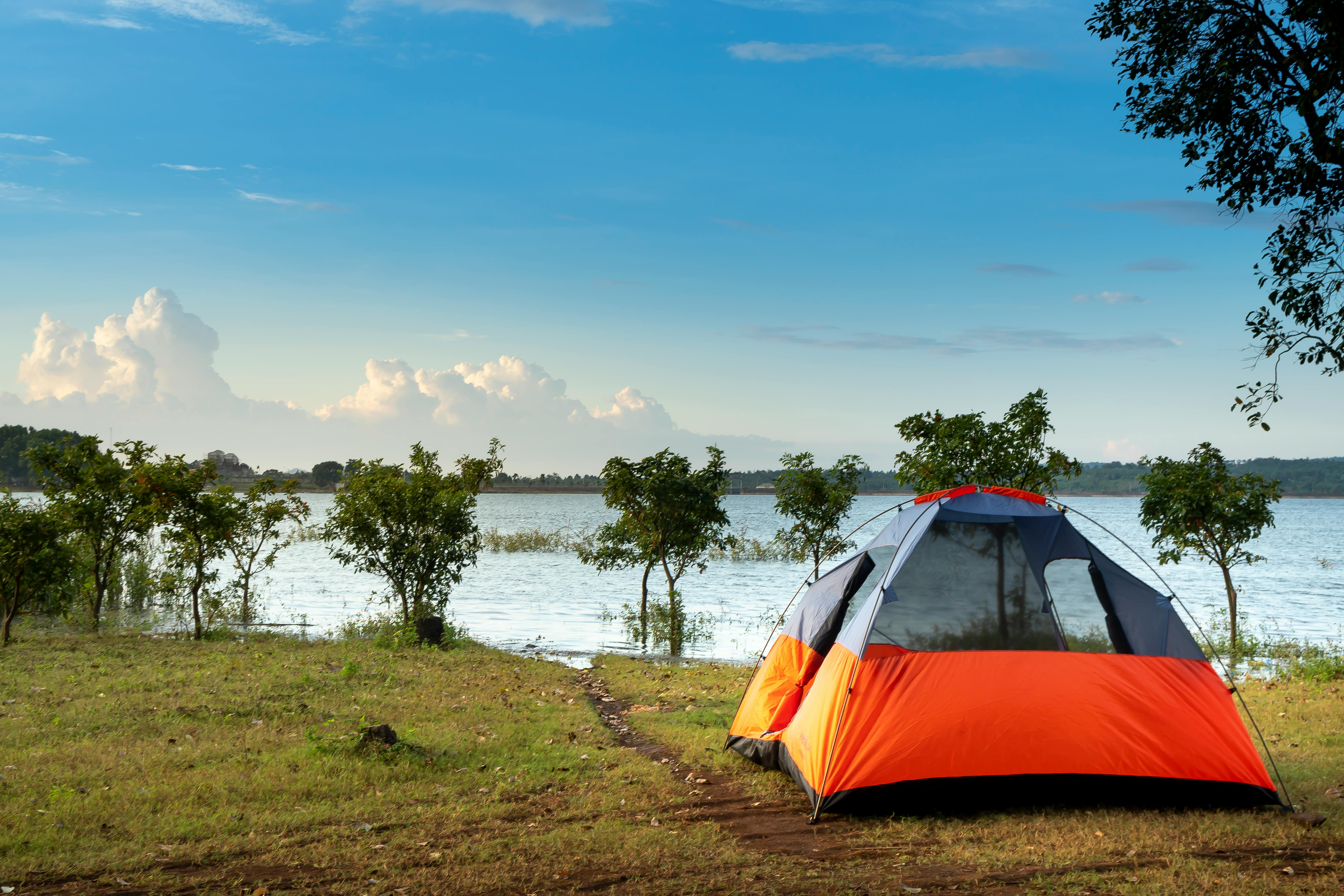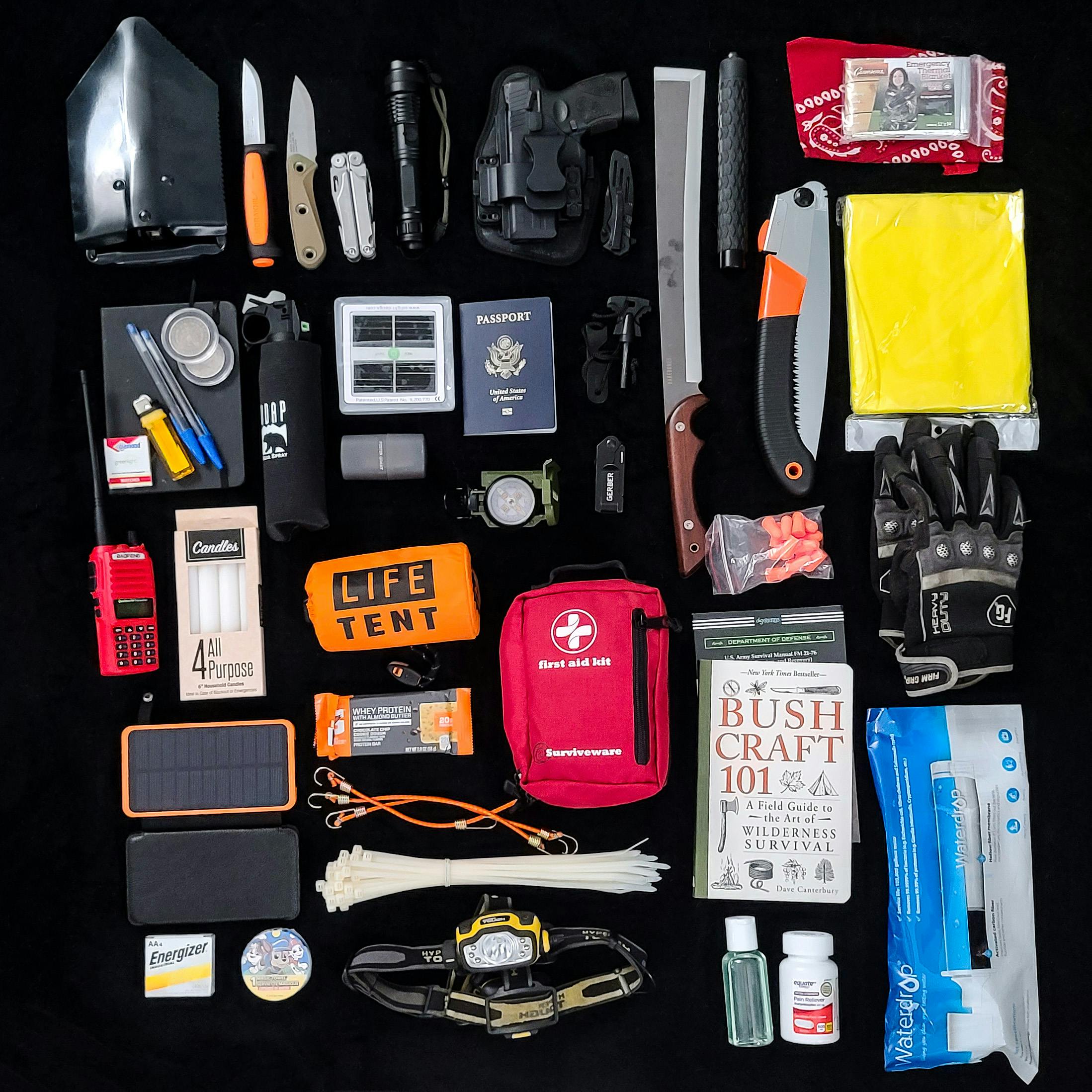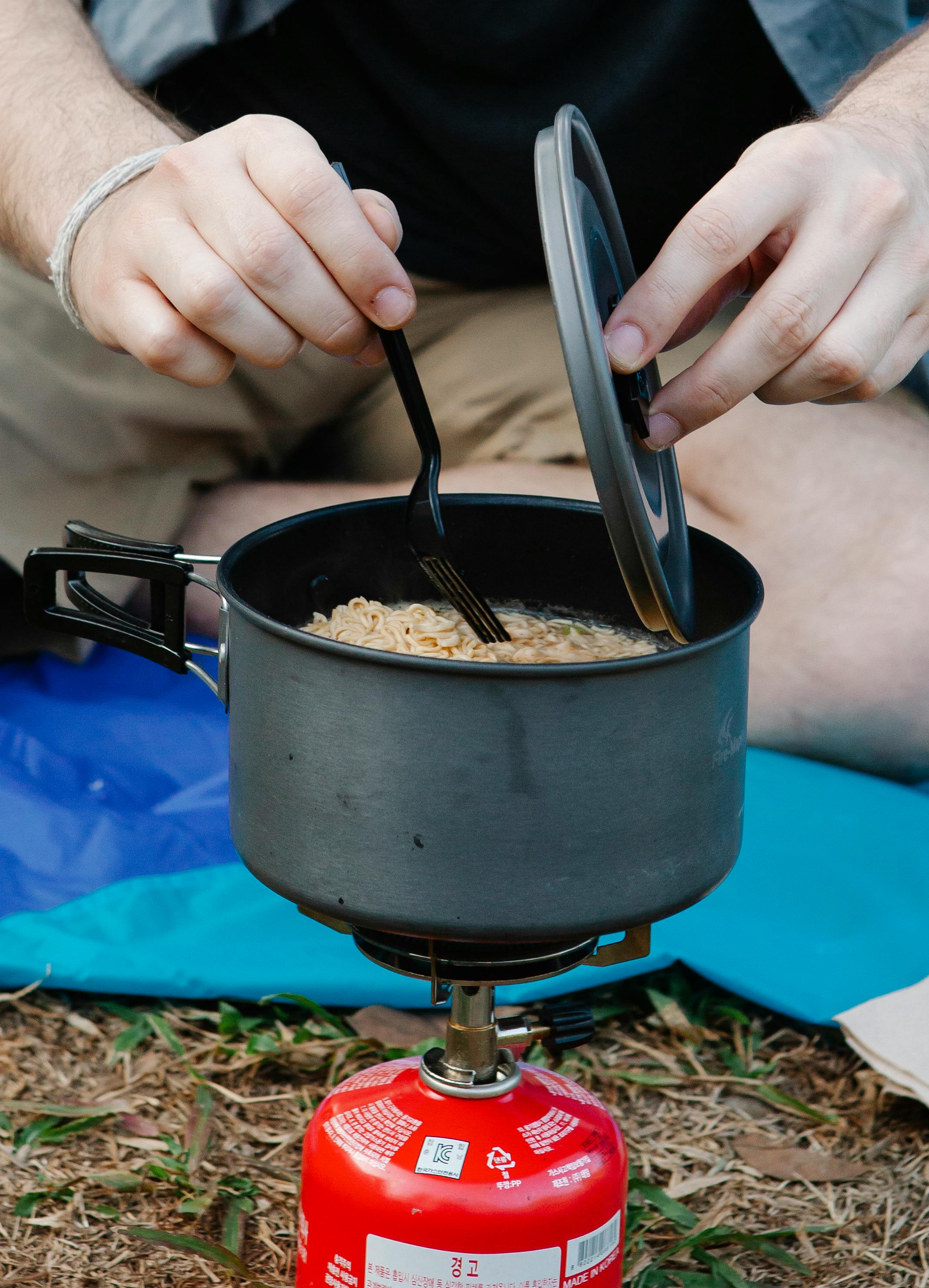Are You Ready for Summer Camping
As summer approaches and camping season kicks off, it’s time to get our gear in order. We dream of making s’mores by the campfire and falling asleep with a favorite book. But then, a moment of anxiety hits – where’s the bug spray and sleeping pad? And did I shove my sleeping bag into its stuff sack and forget about it all winter? Here are some to get out into nature and explore it safely.

To prepare for summer camping, start by setting up your tent and inspecting it for wear and tear. If you’re not inclined to do that, ensure you have all the necessary tent poles and check if any are bent or broken; these can often be repaired or replaced.
Having enough tent stakes is crucial to ensure your comfort and safety during those windy nights. Also, don’t forget to check the condition of your rain fly (do you have one?). If you recall, your tent and rain fly were soaked and sagging during last year’s summer storms, and it’s time to consider waterproofing them.
While not essential, a tent footprint is highly recommended. This tarp-like material placed under your tent helps protect the bottom from damage and adds an extra layer of insulation. If you already have one, inspect it for any tears or holes.

Emphasizing the importance of a well-stocked first aid kit is crucial for dealing with cuts, burns, bee stings, or allergic reactions. Ensure it includes antiseptics for wounds, tweezers, insect repellent, a snakebite kit, pain relievers, and sunscreen.
Customize the contents to meet your family’s specific needs.
Besides the first aid kit, bring a map of the area and a compass. If camping in bear country, have a rope for hanging food, use a bear canister, or take advantage of food lockers provided at many campgrounds.

Bringing and storing food while camping requires careful planning to ensure safety and convenience. Pack non-perishable items like canned goods, dried fruits, nuts, and grains, and supplement these with fresh produce for the first few days. Use a sturdy cooler with plenty of ice packs to keep perishables like meat and dairy products cold, and monitor the temperature to prevent spoilage.
Organize your food in waterproof containers to protect it from moisture and pests. Adhere to campground regulations by using food lockers or bear canisters to store all food, trash, and scented items, keeping them out of wildlife reach. Plan meals and portion ingredients to reduce waste and simplify preparation. This way, you can enjoy delicious, hassle-free meals outdoors.

As you prepare for the excitement of summer camping, taking these steps will ensure a safe and enjoyable experience. From inspecting and setting up your tent to organizing your first aid kit and planning your meals, thorough preparation is key. By addressing potential issues with your gear, stocking up on essential supplies, and following campground regulations, you’ll be ready to immerse yourself in nature fully. So, pack your gear, check your lists, and embark on an unforgettable adventure with confidence, knowing you’re well-prepared to make the most of your time outdoors.
